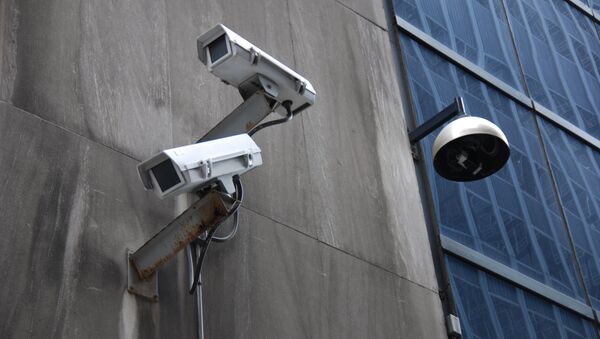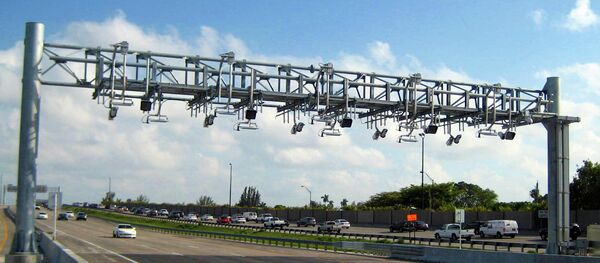“We appreciate that all of these new technologies are potentially useful law enforcement tools. But we remain concerned that government programs that track citizens’ movements, see inside homes, and collect data from the phones of innocent Americans raise serious privacy concerns,” Grassley and Leahy said. “We also have questions about the way in which the DEA’s database is being used,” they added.
Expansion of DEA’s nationwide license plate reader (LPR) surveillance program was revealed this week. Hundreds of millions of records about motorists are now included in the database and can be tracked in real-time, according to the statement by Senator Leahy’s press office.
This is not the first time Grassley and Leahy have risen privacy concerns about the use of emerging law enforcement technologies.
To prove the legitimacy of the concerns, Senators reminded of the 2014 case, when the Department of Homeland Security looked into building a nation-wide vehicle tracking database, but changed its intentions after public concern about privacy violations.
Grassley and Leahy asked the Justice Department officials to provide a briefing to Judiciary Committee staff about LPR issues no later than February 13, 2015.
It is not yet clear whether the collection of information on US drivers has been supervised or approved by any court.
Concerns over privacy violation and the scale US government spying on Americans have been raised after the disclosure of NSA mass surveillance programs by whistleblower Edward Snowden in 2013.




